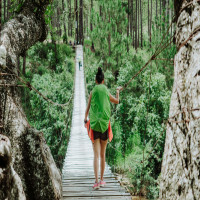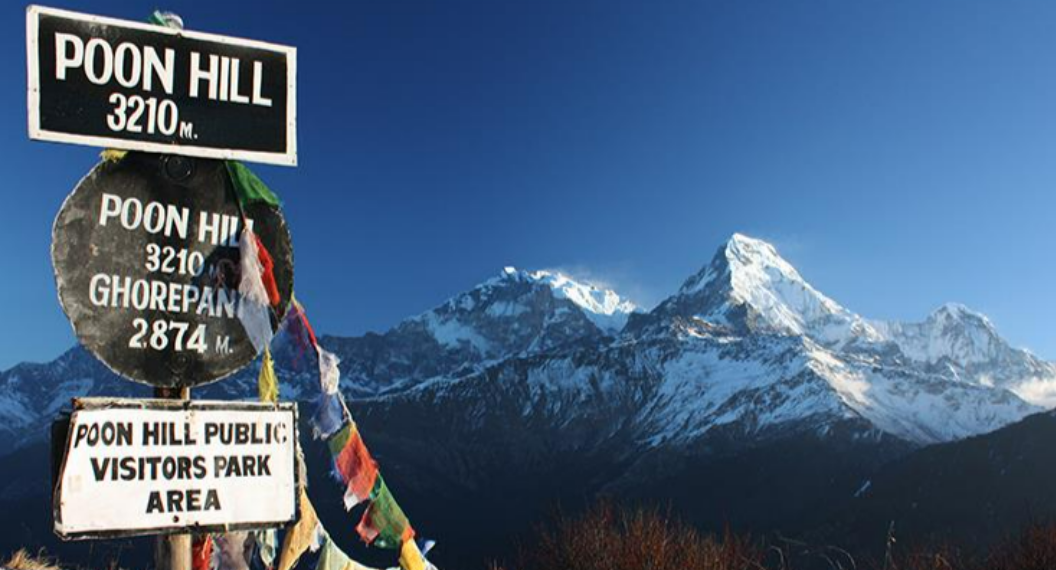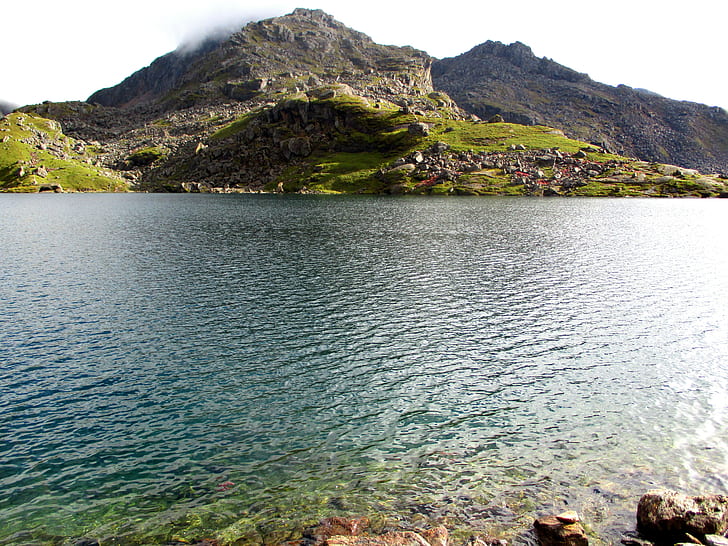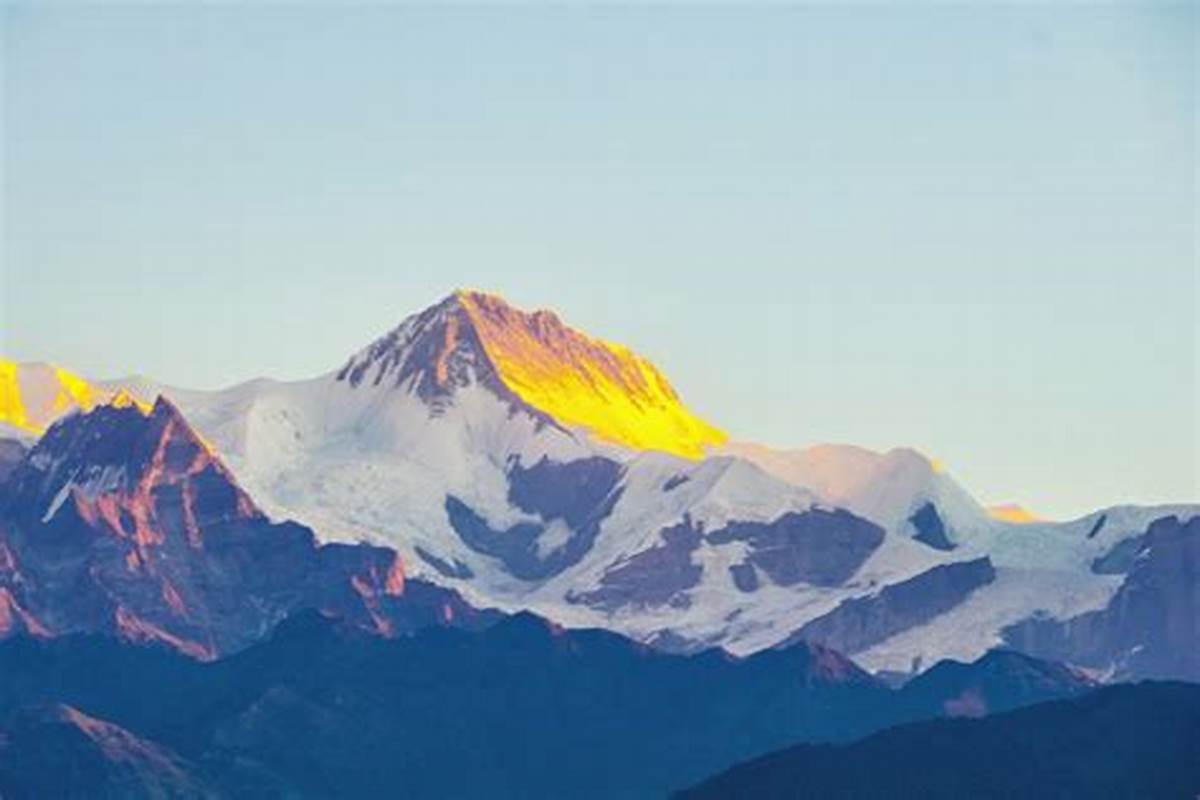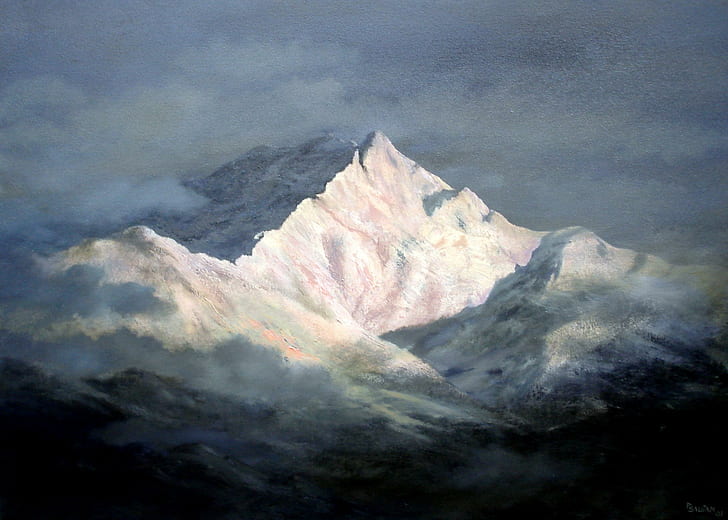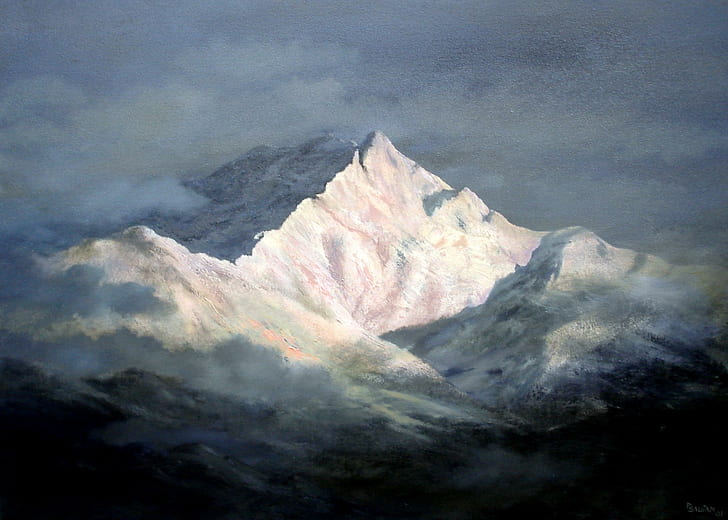Ultimate Guide to Trekking in Nepal: Routes, Permits & Seasons
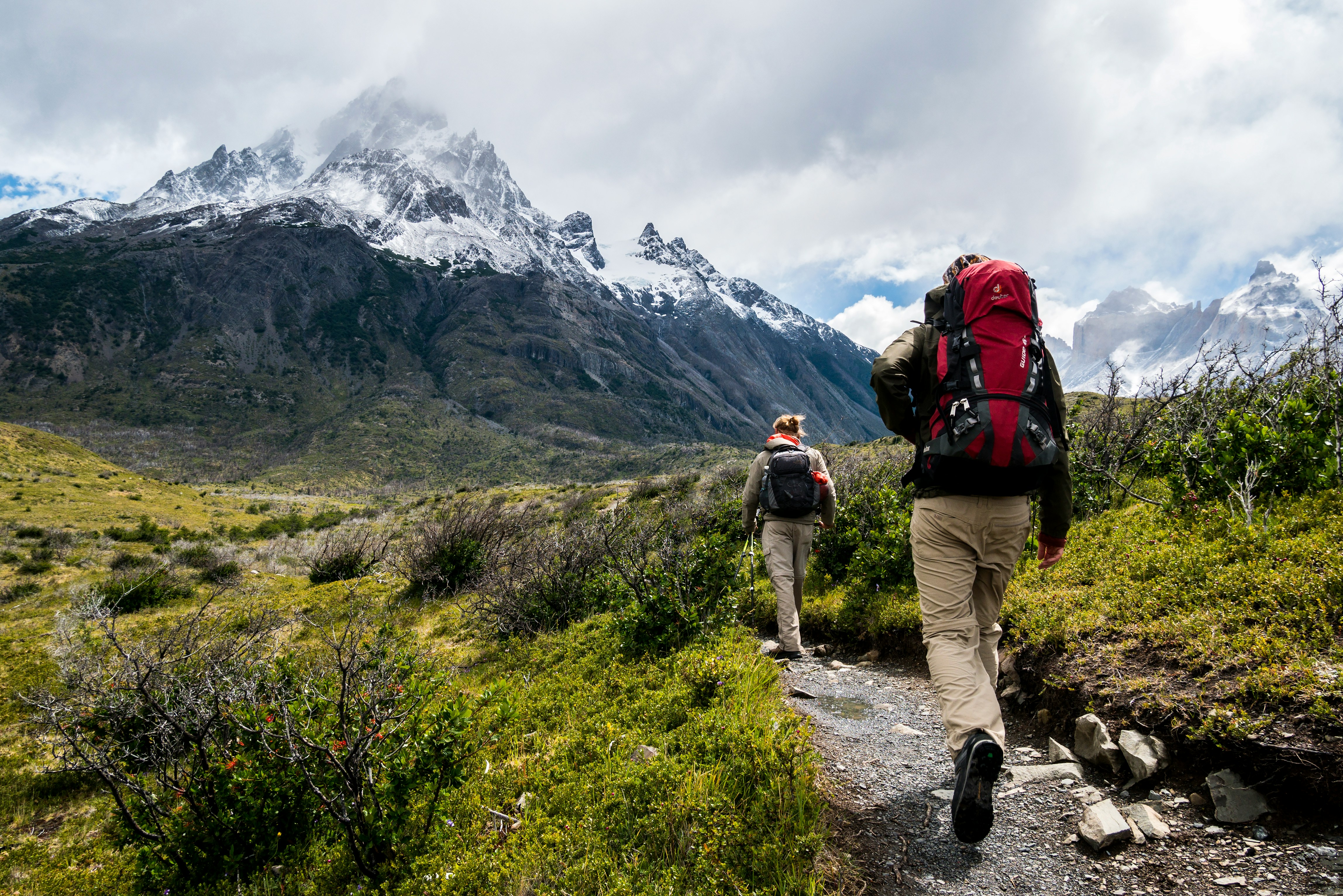
Strong 8k brings an ultra-HD IPTV experience to your living room and your pocket.
Nepal is the ultimate trekking destination, home to the world’s highest peaks, ancient cultures, and an astonishing variety of trails. Whether you're chasing Himalayan giants like Everest or exploring less-trodden paths in the far west, Nepal offers something for every trekker—from first timers to seasoned adventurers. In this guide, you'll find everything you need to know about trekking in Nepal: popular routes, permits, and the best seasons to go.
Popular Trekking Routes in Nepal
Nepal boasts hundreds of trails, but a few stand out due to their beauty, accessibility, and cultural richness:
1. Everest Base Camp Trek (EBC)
- Duration: 12–14 days
- Highlights: Everest views, Sherpa culture, Tengboche Monastery
- Best Season: Spring (March–May), Autumn (September–November)
2. Annapurna Circuit Trek
- Duration: 15–20 days
- Highlights: Thorong La Pass, diverse landscapes, hot springs
- Best Season: Autumn, Spring
3. Annapurna Base Camp (ABC) Trek
- Duration: 7–12 days
- Highlights: Close-up views of Annapurna I, Machapuchare
- Best Season: Autumn, Spring
4. Manaslu Circuit Trek
- Duration: 14–18 days
- Highlights: Remote villages, Larke Pass, restricted area trek
- Best Season: Autumn, Spring
5. Langtang Valley Trek
- Duration: 7–10 days
- Highlights: Tamang culture, glaciers, less crowded
- Best Season: Spring, Autumn
6. Upper Mustang Trek
- Duration: 10–14 days
- Highlights: Tibetan plateau landscapes, walled city of Lo Manthang
- Best Season: Summer (May–September)
7. Kanchenjunga Base Camp Trek
- Duration: 20–24 days
- Highlights: Remote trails, rich culture, towering peaks
- Best Season: Spring, Autumn
Trekking Permits in Nepal
Trekking in Nepal often requires permits, which vary depending on the region. Here’s a breakdown:
• TIMS Card (Trekkers’ Information Management System)
o Required for most popular trekking regions
o Cost: NPR 2,000 for independent trekkers, NPR 1,000 through agencies
• Annapurna, Langtang, and Manaslu Conservation Area Permits (ACAP, LCAP, MCAP)
o Cost: NPR 3,000 each
• Restricted Area Permits (RAP)
o Required for regions like Upper Mustang, Manaslu, and Kanchenjunga
o Cost varies significantly (e.g., Upper Mustang: USD 500 for 10 days)
o Only available through registered trekking agencies with a licensed guide
Make sure to carry multiple passport-sized photos and a copy of your passport when applying for permits.
Best Seasons for Trekking in Nepal
1. Autumn (September to November)
o Best overall season
o Clear skies, stable weather, stunning views
o Most popular—expect more trekkers on the trail
2. Spring (March to May)
o Blooming rhododendrons and mild temperatures
o Great for photography and mountain views
o Slightly warmer than autumn
3. Winter (December to February)
o Quiet trails, but cold and some high passes may be closed
o Best for lower-elevation treks like Ghorepani or Langtang
4. Monsoon/Summer (June to August)
o Lush landscapes, fewer crowds
o Best for rain-shadow areas like Upper Mustang and Dolpo
o Slippery trails and landslide risks in most regions
Tips for a Safe and Rewarding Trek
• Acclimatize properly—don’t rush at altitude
• Stay hydrated and eat well
• Hire a guide or porter for safety, support, and cultural insight
• Pack light but bring layers for changing conditions
• Respect local customs and Leave No Trace principles
Final Thoughts
Trekking in Nepal is more than a hike—it’s a journey into the heart of the Himalayas, rich in natural beauty and human connection. With the right preparation, permits, and seasonal timing, you’ll enjoy an adventure that stays with you forever.
Note: IndiBlogHub features both user-submitted and editorial content. We do not verify third-party contributions. Read our Disclaimer and Privacy Policyfor details.

